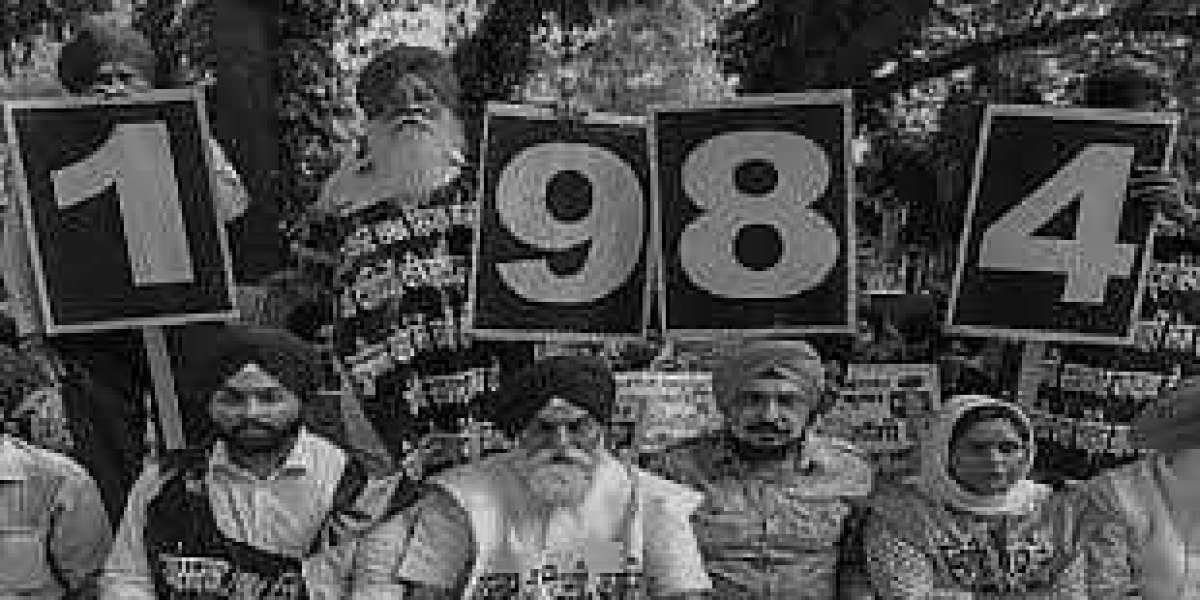India witnessed a number of secession movements post-independence, one such significant movement was in Punjab demanding Khalistan.
A federal country like India is often placed in a position where they need to strike a strong balance between regional aspirations and nation’s stability. In Punjab this happened just after independence and before partition, wherein Hindus were looked upon as enemies in Punjab by many. Even after being granted the Punjabi Suba by Indira Gandhi, Akali Dal was not satisfied. The Akali’s wanted to dominate state politics and thus intensifies their demands for special privileges for Sikhs of Punjab.
The akalis won the 1996 elections in Punjab. However lost the next 1971 Lok Sabha election. This loss strengthened the extremists in the Dal and thus a 13 group committee was set up. They proposed the renowned Anandpur Sahib Resolution. Some of its demands included acquisition of Chandigarh and other Punjabi-speaking provinces and full jurisdiction over laws and subjects of administration. Post emergency the scenario changed, a new agitation spurred in the state which was more radical and fundamentalist. This was led by Sant Longowal and Jarnail Singh Bhinderwala titled as Dharma Yudh Morcha. Congress played the divide and rule strategy here, by using Bhinderwala to create chaos, however it misfired raising militancy in Punjab. Bhinderwala demanded a separate nation Khalistan. Finally in 1984 under the name Operation Blue Star the central government completely destroyed The Golden Temple and Bhinderwala was killed. This was a major blow on Sikh’s emotions and relegious sentiments which ended up in revenge and Indira’s assassination on 31 Oct 1984.
Subsequent riots are still remembered as dark phase in the sikh community as thousands of sikhs were killed and a chain of riots started in Punjab and Delhi. The Rajiv-Longowal agreement was signed in August accepting demands of transfer of chandigarh to Punjab and transferring hindi speaking areas to Haryana.
The issue of Punjab reflects a lot upon the problems Indian federalism faces till date. Overwhelming powers of the centre increase fear amongst minorities which ends up in succession movements and exploitation by regional leaders.







